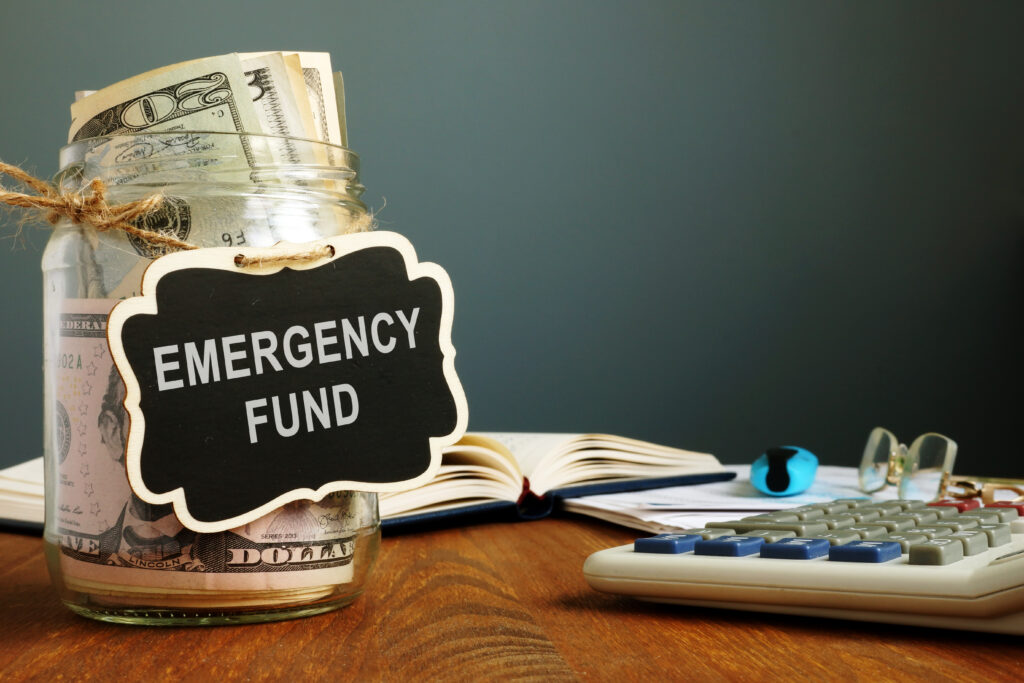
How much money have you set up for an emergency? If you’re like the majority of millennials (61%), you probably don’t have more than $500. Let’s be honest: With student loan debt, medical expenditures, and hefty rent payments, an emergency fund is low on your priority list. But it shouldn’t be the case. This is why:
What is an emergency fund?
An emergency fund is a separate bank account designed to save money for unanticipated needs such as:
- Job loss
- Vehicle maintenance
- Medical expenses
- Home renovations
Regular savings and checking accounts are maintained separate from emergency finances. They are only used in emergencies. If your hot water heater fails or you are laid off, you will be able to handle these unforeseen costs.
Where should I put my emergency funds?
Emergency savings should be liquid and easily accessible. Dave Ramsey suggests putting your emergency funds in the following accounts:
- A simple checking account or
- A money market account that allows you to write checks and use debit cards.
Your emergency funds should be accessible, but not too easily. You don’t want to be lured to spend your money. Try keeping your fund in a bank other than your regular checking account.
Why it is important to have an emergency fund?
Emergencies never happen at a convenient time, and if they are costly, you may not have enough cash on hand to foot the bill. If you don’t have the funds, you may have to use a credit card, take out a personal loan, or put the problem on hold until you can pay for it. None of these options are ideal.
Consider the average cost of the following typical and costly emergencies:
- $933 for a new water heater.
- $1,389 for an emergency room visit
- Job loss: six months’ pay
- A car’s new brakes cost $500.
Would you be able to afford the costs of any of these difficulties if they arose tomorrow without jeopardizing your financial health? You would not hesitate if you had an emergency fund. Finally, having emergency funds on hand can make the difference between a slight inconvenience and financial catastrophe.
How do you start and expand an emergency fund?
Before you start looking for ways to save money, decide how much you want to save. Financial gurus advise saving six months’ worth of expenses or pay. Remember that six months’ salary is your long-term aim, not your immediate one. Here’s how you can start saving for an emergency:
- Begin small: If you pay with cash, save the change – even if it’s just quarters and dimes – in a jar. When the jar is full, transfer the funds to your savings account.
- Set a Monthly Goal: Calculate your monthly income and expenses to determine how much money you have left over. Make it a monthly goal to deposit a particular amount of your excess cash into your emergency fund.
- Set aside your Tax Refund: If you receive a sizable refund, it may be sufficient to replenish the majority of your emergency fund. Consider having your refund placed into your emergency fund account automatically.
- Reduce your Spending: Examine your spending and eliminate items you don’t truly need.
You never have to worry about unforeseen bills or even losing your job if you have an emergency fund. Begin small and gradually increase your fund.

1 thought on “What is an emergency fund and why is it important?”